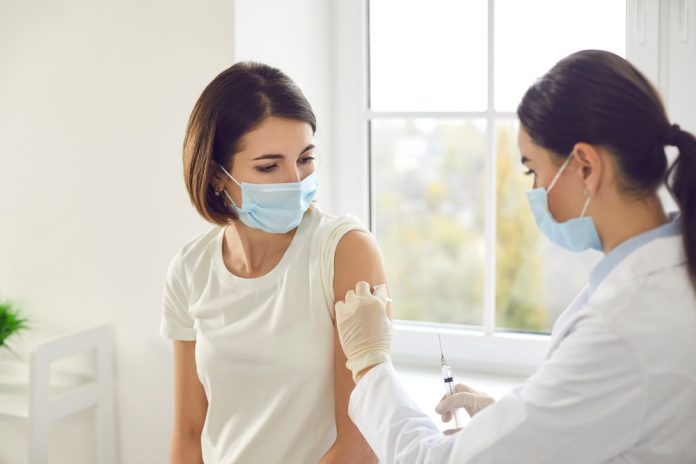Queenslanders will road test what could prove to be a next-generation vaccine for COVID-19.
The University of the Sunshine Coast is looking for volunteers for a world-first clinical trial of a potential vaccine produced by American company Icosavax.
It works by using virus-like particles, or VLPs.
VLPs are not infectious because they don’t contain any viral genetic material.
But they are very similar to the real thing and can generate the immune system response needed to guard against future infections.
The university’s clinical trials unit is looking for two types of volunteers to put the safety of the new product to the test, and work out the optimum dose.
It needs volunteers who have not had COVID-19, nor any of the existing vaccines. It also needs volunteers who are fully vaccinated.
Dr Rob Scott will oversee the trial of the vaccine candidate, which is produced using nanoparticle technology.
“Licensed VLP vaccines are well known to induce a robust and durable immune response. This type of vaccine can also be redirected towards new coronavirus strains as they emerge,” Dr Scott says.
Help keep independent and fair Sunshine Coast news coming by subscribing to our free daily news feed. All it requires is your name and email. See SUBSCRIBE at the top of this article
The human papillomavirus vaccine, developed by Australian Professor Ian Frazer, is a commonly used VLP-based vaccine.
The technology is different to existing COVID-19 vaccines.
AstraZeneca is a conventional vaccine made from a weakened version of a common cold virus from chimpanzees.
It’s been modified to contain genetic material shared by the coronavirus. Once injected, the body’s immune system learns how to fight off the real thing.
Pfizer and Moderna are both mRNA vaccines, which only use a virus’s genetic code. When that code enters the body, it enters cells and tells them to generate antigens.
These antigens are recognised by the immune system and prepare it to fight the virus.
The study will be conducted from sites at Sippy Downs and Morayfield. Volunteers aged 18 to 69 are needed.
Participants will be reimbursed for their time and travel costs related to the study.
Those interested in participating can find more information at www.usc.edu.au/trials





